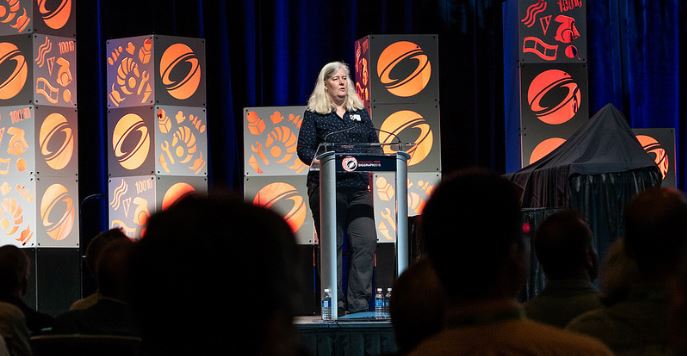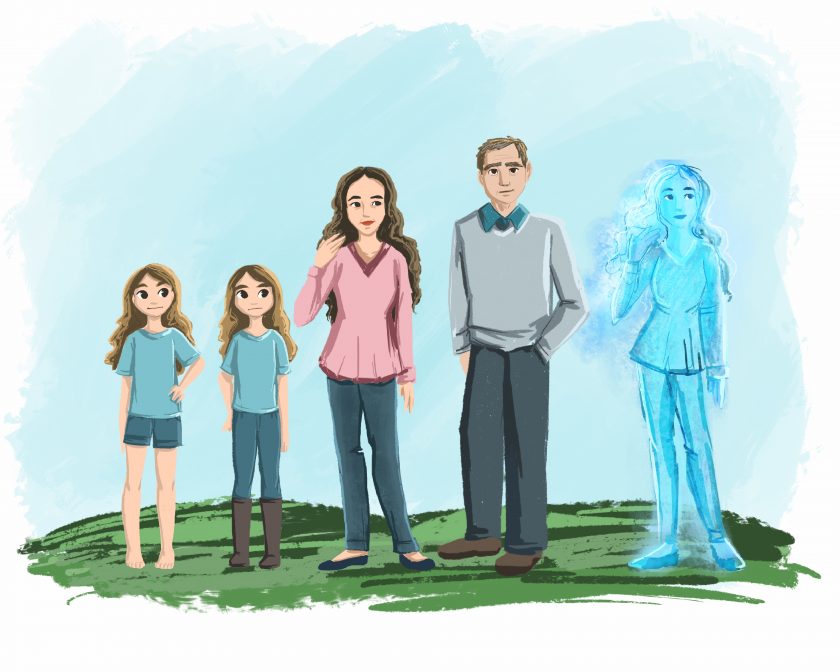ACM SIGGRAPH has announced their annual award winners including an inaugural award for the ACM SIGGRAPH Distinguished Educator. Winners will be honored at the SIGGRAPH 2019 Opening Ceremony and Awards Presentation on Monday, 29 July, 9-10:30 am, West Hall B at the Los Angeles Convention Center.
ACM SIGGRAPH 2019 Awards
The Steven Anson Coons Award
Michael F. Cohen: For his groundbreaking work in numerous areas of research—radiosity, motion simulation & editing, light field rendering, matting & compositing, and computational photography.
The Computer Graphics Achievement Award
Denis Zorin: For fundamental contributions that have advanced the fields of geometry processing, multiresolution shape modeling, and geometric principles of physics-based simulation in graphics.
The Significant New Researcher Award
Wenzel Jakob: For his work in rendering and geometry.
The Outstanding Doctoral Dissertation Award
Lingqi Yan: For a unified comprehensive view of visual appearance modeling for computer graphics rendering.
The Outstanding Service Award
Jackie White: For her long term excellent dedicated service ACM SIGGRAPH.
The Distinguished Artist Award for Lifetime Achievement in Digital Art
Donna Cox: For pioneering work in the art of scientific data visualization.
ACM SIGGRAPH Practitioner Award
Stephen Hill: For multiple contributions to the field as a practitioner, including the design and implementation of ambient occlusion and hierarchical visibility systems.
ACM SIGGRAPH Distinguished Educator Award
Andries van Dam: For his impact on research practice in education as it relates to graphics and interactive techniques, cumulative contributions to the field, innovation in education, influence on the work of others, and being active in the ACM SIGGRAPH Community.
ACM SIGGRAPH Academy
- Frederick Brooks for pioneering work applying scientific rigor to virtual reality, and applying virtual reality to scientific research.
- Marie-Paule Cani for contributions in implicit surfaces, physical simulation, sketch-based interaction, and expressive modeling, and for leadership in the graphics community.
- Donna Cox for pioneering work in the art of scientific data visualization.
- Markus Gross for contributions to point-based graphics, 3D capture and video technology, and physics-based animation, and for founding an influential industrial research laboratory.
- Dinesh Manocha for contributions to geometric modeling, GPU computing, interactive rendering of large complex scenes, and interactive sound simulation.
- Ravi Ramamoorthi for groundbreaking theoretical work in mathematical representations of visual appearance, and for translating these into computational methods with wide practical impact.
- Hanan Samet for founding, developing, and authoring the definitive texts in the field of storing, processing, analyzing, and retrieving spatial data.
- Denis Zorin for fundamental contributions that have advanced the fields of geometry processing, multiresolution shape modeling, and geometric principles of physics-based simulation in graphics.

